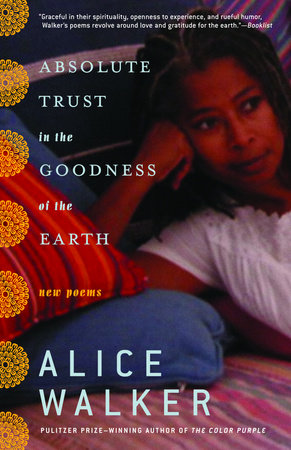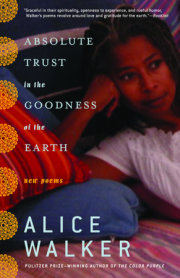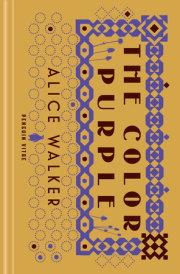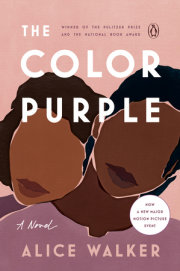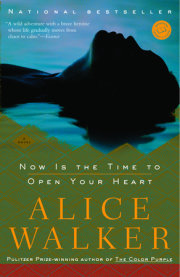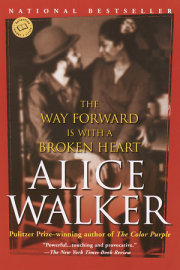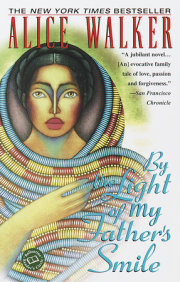The Pulitzer Prize–winning author of The Color Purple gives us her first new collection of poetry in more than a decade, poems that reaffirm her as “one of the best American writers of today” (The Washington Post).
The forces of nature and the strength of the human spirit inspire the poems in Absolute Trust in the Goodness of the Earth. Alice Walker opens us up to feeling and understanding with poems that cover a broad spectrum of emotions. With profound artistry, Walker searches for, discovers, and declares the fundamental beauty of existence, as she explores what it means to live life fully, to learn from it, and to grow both as an individual and as part of a greater spiritual community.
In “The Same as Gold,” Walker writes of the essence of grief, and of our inherent powers of love and acceptance. In “Everyone Who Works for Me,” Walker considers, with humor and grace, the frenzy that permeates modern life—a frenzy that prevents us from seeing the beauty in everything we do until we step back and take the time to look at and comprehend ourselves and those around us. In “The Love of Bodies,” Walker elegantly expresses the gratitude and tenderness we are capable of feeling for loved ones, living and dead, and the inescapable emotional connections that bind us together.
About Walker’s poetry, America has said, “In the tradition of Whitman, Walker sings, celebrates and agonizes over the ordinary vicissitudes that link and separate all of humankind,” and the same could be said about this astonishing new collection.
Despite
the hunger
we cannot
possess
more
than
this:
Peace
in a garden
of
our own.
—from Absolute Trust in the Goodness of the Earth
Praise for Alice Walker’s poetry
“A sensitive, spirited, and intelligent poet. Feeling is channeled into a style that is direct and sharp....Wit and tenderness combine into humanity.” —Poetry, about Once
“In these poems there’s the power of a mind’s concentrated passion....Walker’s language moves among griefs, loves, hopes....There’s a compassion in the poems that is not only painfully earned but has, each time, to be earned over again—and it is this that gives it its authenticity.” —Denise Levertov, author of Life in the Forest, about Good Night, Willie Lee, I’ll See You in the Morning

